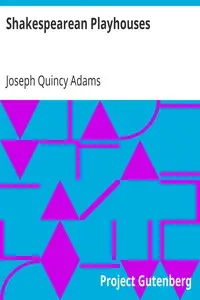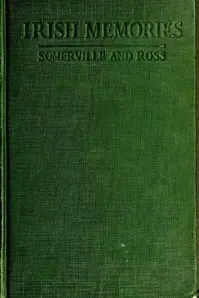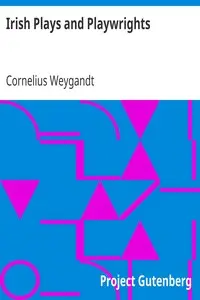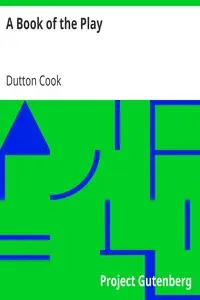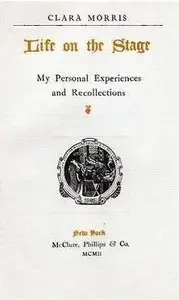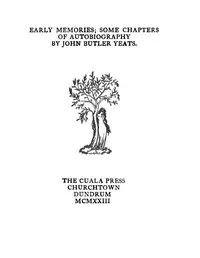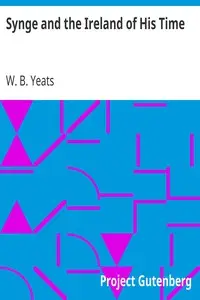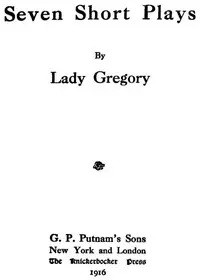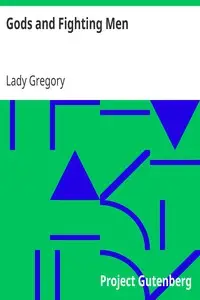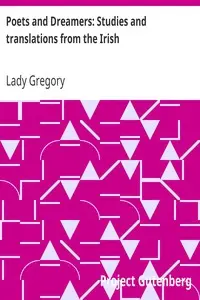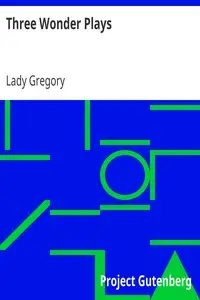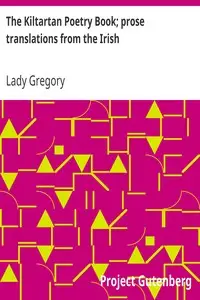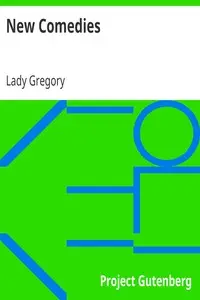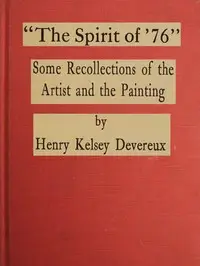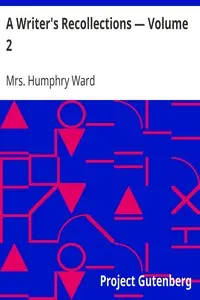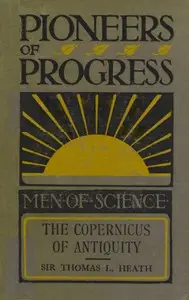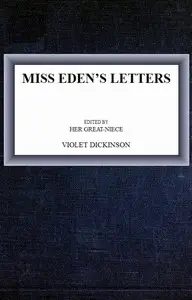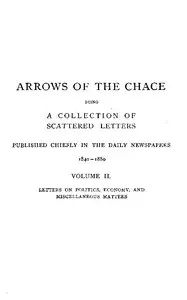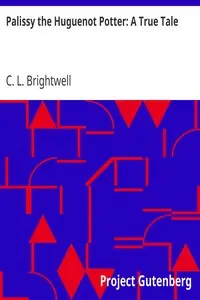"Our Irish Theatre: A chapter of autobiography" by Lady Gregory is a window into the early 1900s Irish theater scene through the author's own experiences. Lady Gregory remembers working with people like W.B. Yeats and Edward Martyn to jumpstart a national theater movement in Ireland. It's a story about overcoming obstacles and celebrating the victories that came with building the theater. The book starts with Gregory sharing why she wanted to write about her journey and the important people who helped her. She recalls the first conversations with Yeats about starting the theater, raising money, and picking plays. The beginning of the book captures the excitement and promise of the theater movement while also pointing out the challenges of finding a space and dealing with how the public viewed their work.
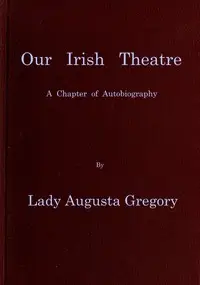
Our Irish Theatre: A chapter of autobiography
By Lady Gregory
Journey back in time to witness the birth of a nation's artistic identity as passionate collaborators battle to bring their vision to life amidst a whirlwind of hope and adversity.
Summary
About the AuthorIsabella Augusta, Lady Gregory was an Anglo-Irish dramatist, folklorist and theatre manager. With William Butler Yeats and Edward Martyn, she co-founded the Irish Literary Theatre and the Abbey Theatre, and wrote numerous short works for both companies. Lady Gregory produced a number of books of retellings of stories taken from Irish mythology. Born into a class that identified closely with British rule, she turned against it. Her conversion to cultural nationalism, as evidenced by her writings, was emblematic of many of the political struggles that occurred in Ireland during her lifetime.
Isabella Augusta, Lady Gregory was an Anglo-Irish dramatist, folklorist and theatre manager. With William Butler Yeats and Edward Martyn, she co-founded the Irish Literary Theatre and the Abbey Theatre, and wrote numerous short works for both companies. Lady Gregory produced a number of books of retellings of stories taken from Irish mythology. Born into a class that identified closely with British rule, she turned against it. Her conversion to cultural nationalism, as evidenced by her writings, was emblematic of many of the political struggles that occurred in Ireland during her lifetime.

